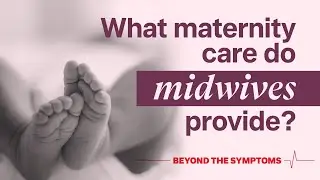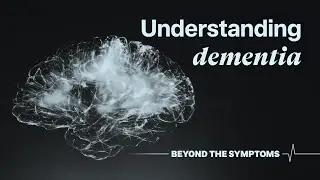Pregnancy and maternity care in Australia
Maternity care is often over medicalised, leading to more interventions in pregnancy and birth than often necessary. Midwives have a strong philosophy that pregnancy and birth are normal processes and that interventions are not normally required.
Continuity of midwifery care, sometimes called Midwifery Group Practice, is a model of maternity care where you’ll build a relationship and work in partnership with your midwife, seeing them all the way through your pregnancy and for up to six weeks after the birth of the baby.
The Midwifery@Griffith team is dedicated to provision of maternity care that is culturally safe and respectful. This includes the spiritual, social, physical, emotional, psychological, sexual, and political aspects and acknowledges the social and cultural determinants that influence health and experiences of birth, such as gender, health inequality, and discrimination. The program is committed to a woman-centred approach and implements a social model of care using a transformational social emancipatory approach to learning. We recognise that not all pregnant individuals identify as women and are aware of the challenges faced by these individuals in accessing maternity care. As women are also marginalised and oppressed and represent a minority group, we have continued to use sex-based language including woman, women, mother, or maternity. When we use these terms, we do so in a way that reflects the experiences and identities of the majority of those who are pregnant and do not seek to exclude any individual capable of childbearing irrespective of gender identity, it is not meant to exclude those who give birth and do not identify as women. All individuals seeking maternity care should receive personalised, respectful care, including the use of preferred gender pronoun.
The information in this video was accurate as of the upload date, [30/04/2024]. For information purposes only. Consult your local medical authority for advice.
Presenter:
Associate Professor Amanda Carter is a highly experienced PhD qualified midwifery clinician, leader and academic. Amanda has made major original and innovative contributions to the field of midwifery education research. She is recognised nationally and internationally for her expertise in midwifery critical thinking that informs clinical decision making and midwifery education. Her ongoing research focuses on the application of critical thinking in midwifery decision-making, midwifery simulation, improving cultural capability and implementing midwifery models of care.
00:00 - Introduction
00:35 - What care do you need through pregnancy?
01:06 - What models of maternity care are available?
04:58 - What pregnancy complications require intervention?
05:43 - What general care do you need during pregnancy?
06:19 - How can a midwife help you prepare for labour and childbirth?
06:52 - What postnatal care do midwives provide?
07:28 - Prevention: How can we help prevent unnecessary interventions?
________________________________________________________
Griffith University | CRICOS: 00233E | TEQSA: PRV12076

















